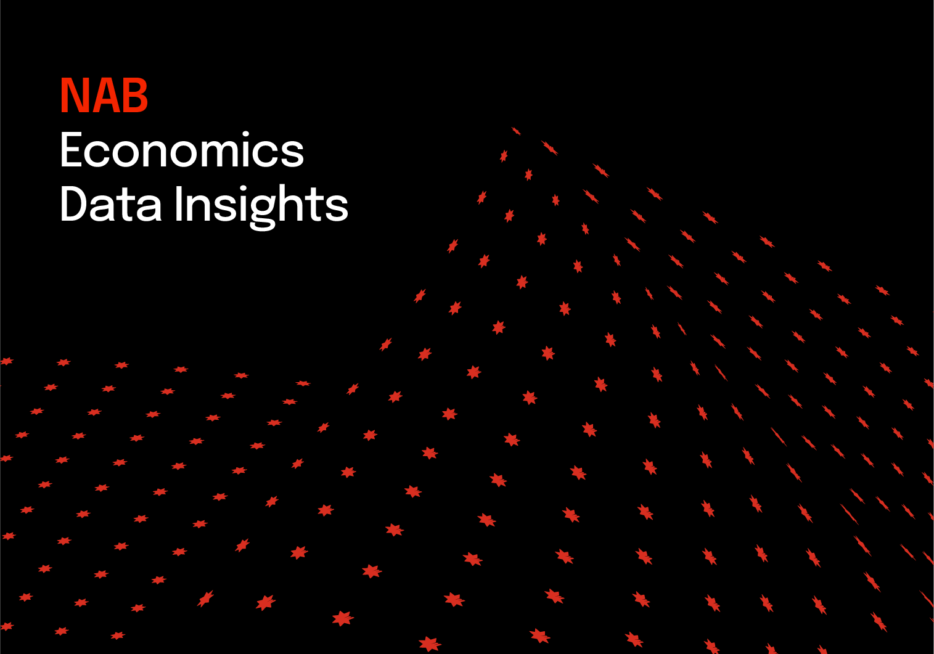Total spending grew 0.9% in June.


Tapas Strickland shows his knowledge of the Classics, describing yesterday’s RBA minutes as Delphic, in places.
Financial markets remained resilient overnight despite recent geopolitical events. That resiliency is inspiration for today’s song title, “The Greatest” by Australian artist Sia. The 2016 hit song was widely interpreted as a tribute to the victims of the shooting in Orlando earlier this year, and is also a fitting acknowledgement to the victims of attacks in recent days; Berlin (12 killed; 48 injured), Zurich (12 killed) and Ankara (Russian ambassador killed).
Putting those tragic events aside, for markets they are still singing to the tune of greater infrastructure spending by an incoming Trump Administration. President-elect Trump added to those expectations yesterday stating he is creating an infrastructure “task force”. Against that background, global equities continued their moves higher. The Dow was up 0.3%, near its record high and within a hairsbreadth of the psychological 20,000 level (currently sitting at 19,945) – can it crack 20,000 by Christmas? The S&P was up 0.2% while European stock indices were also higher with the DAX up 0.3% and the FITSE up 0.4%.
The Bank of Japan (BoJ) met yesterday and as expected kept policy unchanged. Although there was a slightly more positive assessment of the economic outlook, inflation expectations were noted to be weakening and the BoJ remains committed to keep expanding the money base until inflation exceeds 2%. The yield curve control measures were also unchanged (the BoJ is committed to purchasing JGBs so that 10-year yields remain around 0%). With US yields having moved higher and Japanese rates holding at low levels, the rate differential is growing and is putting downward pressure on the Yen. Despite this Governor Kuroda was not expecting excessive Yen weakness ahead and noted the Yen was at the same levels it was at in February 2016 despite having had fallen 12% since the election of Trump.
The rates market was very quiet, with US Treasurys up 2.6 basis points to 2.56% and German Bunds up 2.2 basis points to 0.27%. There was also little movement in the FX space apart from the Yen which fell 0.6% on the back of the BoJ Meeting. The US dollar was slightly higher (up 0.1%) with most currency moves in line with that. The Euro and Kiwi were down 0.1%, while the Aussie was up 0.1%. The British pound underperformed, down 0.3%, with no clear reason and runs counter to the generally positive comments UK PM Made in regards to Brexit.
UK PM May reiterated that she planned on triggering the formal Brexit mechanism by the end of March 2017 – from then the UK has two years to negotiate. PM May also said she was in favour of a transitional deal after the UK had left the EU so possibly lowering soothing fears of a hard Brexit. As we go to press she also said MPs would not be given a vote on the final Brexit deal negotiated by the government and did not support Scottish plans that would allow Scotland to stay in the single market if the UK left.
The RBA Minutes were released overnight and while not garnering much market attention was unusually delphic – for those with a classics background the oracle was famous for giving two handed statements. At the meeting the Board discussed the benefits of recent cash rate cuts against “risks to household balance sheets” and that crucially they would “need to keep this under review”. There are two possible interpretations of this, first there is a higher bar to further easing, or second the RBA is thinking about the possibility of needing to ease rates further should the labour market data continue to soften – on this the Board states there is “considerable uncertainty about the momentum in the labour markets”. Markets however have concluded the former with the OIS market actually pricing in a 56% chance the RBA hikes rates by the end of 2017.
Finally, commodities were mixed overnight. The oil price was up between 0.2-0.7% depending on the measure with WTI at US$52.23. Iron ore fell 2% to US$79.6 a tonne while coal prices were broadly unchanged. Some of the negative sentiment in regards to iron ore may be due to fears of imminent factory shutdowns following dangerously high smog levels in China – your scribe read it is equivalent in size to two times the state of Victoria! 24 cities have been given red alerts with residents urged to stay indoors amid the worst smog spell of 2016.
Coming up it is a very sparse data calendar with no significant releases; we have to wait until Thursday for the more important pieces of data to be unwrapped (Thursday sees NZ Q3 GDP figures and US PCE Deflators). Of the minor pieces of data today, we get the NZ Trade Balance, Japan’s All Industry Activity Index, Euro Area Consumer Confidence and US Existing Home Sales.
On global stock markets, the S&P 500 was +0.22%. Bond markets saw US 10-years +2.04bp to 2.56%. In commodities, Brent crude oil +0.67% to $55.29, gold-0.8% to $1,132, iron ore -2.0% to $79.62, St. Coal -0.3% to $86.20, Met. Coal +0.0% to $270.00. AUD is at 0.7253 and the range since yesterday 5pm Sydney time is 0.7223 to 0.7262.
For full analysis, download report
More from NAB:
For further FX, Interest rate and Commodities information visit nab.com.au/nabfinancialmarkets
© National Australia Bank Limited. ABN 12 004 044 937 AFSL and Australian Credit Licence 230686.